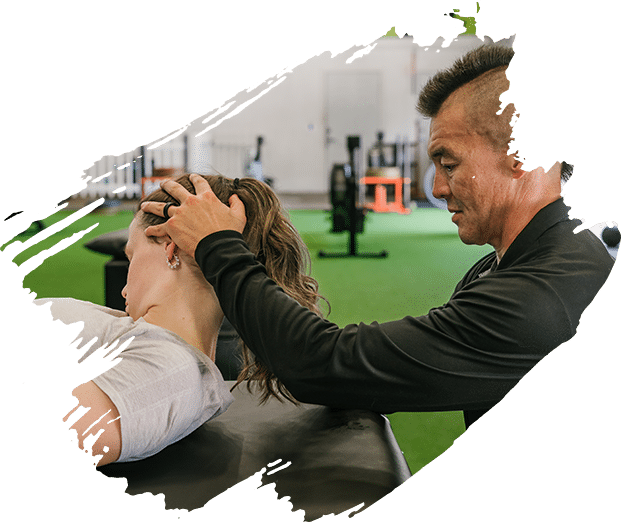 Many mental health specialists are using new techniques to supplement their therapy. They're prescribing exercise to help people with anxiety. It helps relieve severe anxiety, so you can imagine how working out can benefit people who face mild cases of temporary anxiety, like having the jitters about a job interview or an upcoming test. Getting up and taking a half-hour break walking or pushing it hard at the gym can bring relief. It's not the answer to all problems. If you have debilitating anxiety, always seek professional help.
Many mental health specialists are using new techniques to supplement their therapy. They're prescribing exercise to help people with anxiety. It helps relieve severe anxiety, so you can imagine how working out can benefit people who face mild cases of temporary anxiety, like having the jitters about a job interview or an upcoming test. Getting up and taking a half-hour break walking or pushing it hard at the gym can bring relief. It's not the answer to all problems. If you have debilitating anxiety, always seek professional help.
Studies indicate that exercise may be more beneficial than medication.
Newer studies have convinced many therapists to prescribe exercise instead of medication as their adjunct therapy for people with anxiety or depression. It boosts health, boosts the immune system, and improves the quality of life. It's also free and has no side effects except better health. The exercise doesn't have to be formal. It can be as simple as walking at a moderate pace three or four times a week for a half hour or more.
It helps reduce the effect of the fight-or-flight response.
When you feel anxious or panicked, it causes a stress reaction that's as old as mankind. It helped preserve the species and protect it from dangers. The brain triggers the release of hormones that prepare the body to run or fight. It increases heart rate and blood pressure and sends blood to extremities and away from digestion and other functions---which explains that feeling in the pit of your stomach. You mimic the movements of running or fighting and increase blood circulation when you work out. It burns off stress hormones and increases hormones that make you feel good. They ease anxiety and help you relax.
Exercising helps you change the loop of negative information in your brain.
People suffering from anxiety often have a picture loop running through their brain. It's one of doom and gloom with dangers behind every tree. Focusing on your workout can break that mental loop and help free you from anxiety, at least for a while. It helps decrease muscle tension. Exercise increases serotonin, an anti-anxiety neurochemical. It also increases BDNF and other anti-anxiety brain chemicals and changes brain chemistry.
- Exercise increases the beneficial microbes in your gut. They also add to the production of chemicals that make you feel good and relieve stress.
- You'll sleep better at night when you exercise. Lack of sleep can add to anxiety or create mild cases if you don't normally experience it. You'll think more clearly and function better when you get quality sleep.
- When you exercise regularly, it improves your posture. Good posture makes other people see you as more confident and less anxious. When people treat you as though you are more confident, it becomes a self-fulfilling prophecy.
- Regular exercise boosts your self-esteem and self-image as it builds confidence. Try our semi-private sessions for free. You'll love how you feel after exercising.
For more information, contact us today at Habitat Health & Fitness

